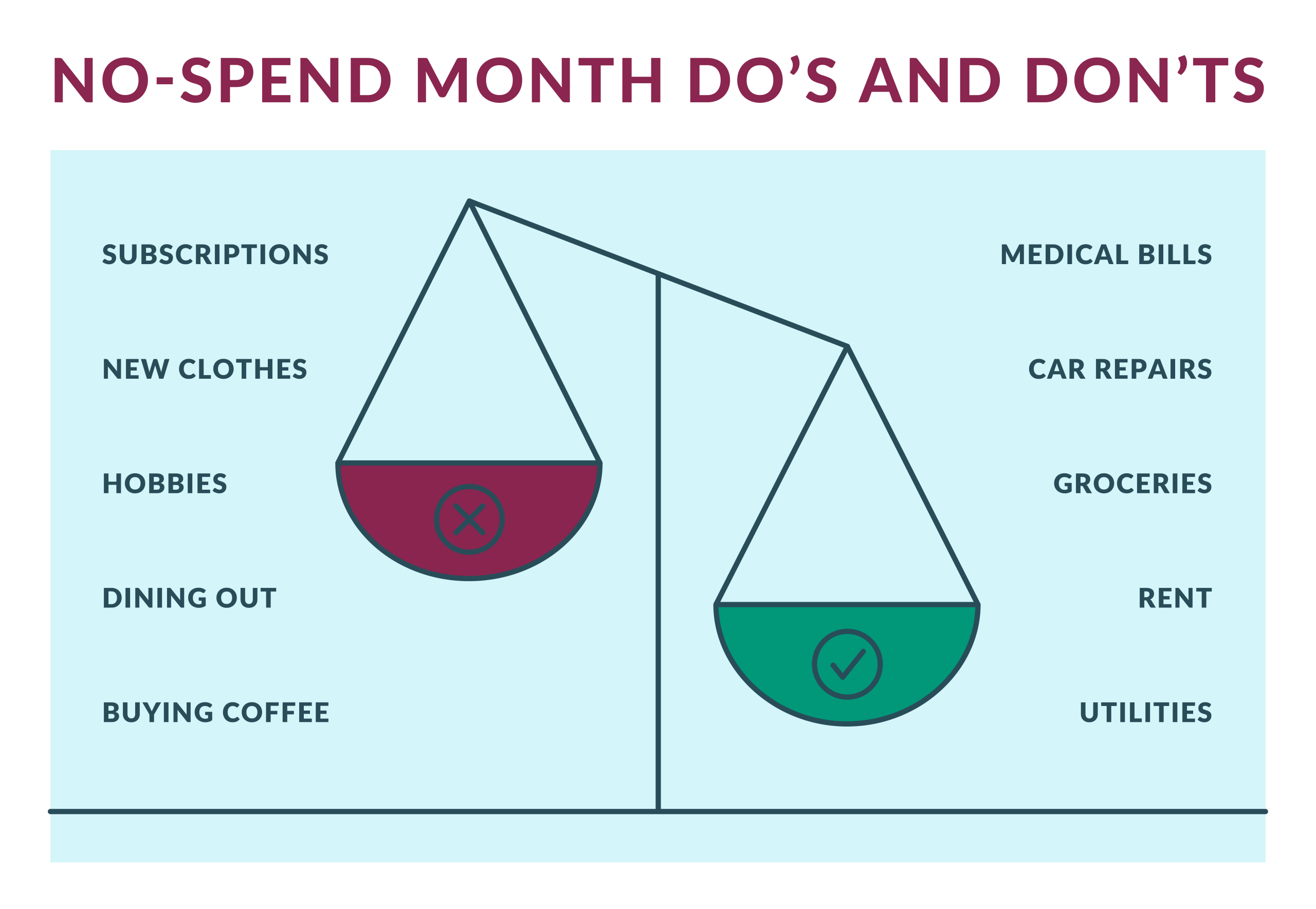Anúncios
Pre-approval is an essential step in many financial transactions, especially when it comes to mortgages and credit cards.
Understanding how it works can provide peace of mind and a competitive advantage when applying for loans or credit.
However, it may or may not be necessary depending on the process. In the following content, you can learn more about pre-approval, how it works, and when to get yours.
What is pre-approval?
Pre-approval is a conditional approval given by a lender, indicating that you are likely to qualify for a loan or credit card based on your financial profile.
It involves a deeper analysis of your financial situation, including credit score, income, debts, and other key factors.
Essentially, pre-approval is a more concrete guarantee that the lender is willing to extend credit, although it’s not a final commitment.
Thus, for homebuyers, mortgage pre-approval is especially important.
It shows real estate agents and sellers that you are a serious buyer, with financing likely secured, which can be crucial in a competitive market.
For credit cards, pre-approval indicates that the card issuer has reviewed your credit history and determined that you are a good candidate for the product. Although final terms depend on a formal application.
Understand How Pre-Approval Qualification Works
The qualification process for pre-approval is more rigorous than pre-qualification, but it doesn’t amount to full loan approval.
Typically, lenders request a variety of documents, including proof of income, tax returns, and details about existing debts and assets.
For a mortgage, this may also include employment verification and bank statements. Once these documents are reviewed, the lender provides a conditional commitment, indicating how much you can borrow, under what terms, and at what interest rate.
However, it’s important to note that pre-approval is not a guarantee.
The actual terms of the loan or credit card may change based on additional information the lender collects later in the process, such as a more recent credit check or a property appraisal in the case of a mortgage.
What Do Lenders Evaluate for Pre-Approval?
When you apply for pre-approval, lenders focus on several key factors to assess your ability to repay a loan or manage credit responsibly. These factors include:
Credit Score
Your credit score is a major factor in pre-approval decisions. A higher score generally means you are more likely to qualify for better interest rates and loan terms.
Mortgage lenders typically require a minimum score of 620, although better rates are available for scores above 700.
Debt-to-Income Ratio (DTI)
Lenders want to know how much of your income is being directed toward existing debts.
A lower DTI, generally below 43%, indicates that you can handle additional financial responsibilities.
Income and Employment History
For loans like mortgages, stable employment and steady income are essential.
Thus, lenders review your tax returns, pay stubs, and sometimes employment contracts or offer letters to verify your income.
Assets and Liabilities
Lenders also assess your net worth by reviewing your assets, such as savings and investments, as well as liabilities like outstanding loans or high monthly payments.
This helps them determine if you have a solid financial foundation to cover loan payments.
What’s the Difference Between Pre-Qualification and Pre-Approval?
While they may seem similar, pre-qualification and pre-approval serve different purposes. Pre-qualification is an informal estimate of how much you can borrow, based on basic information like income and credit score.
It’s often the first step, providing an idea of your loan eligibility, but it doesn’t require an in-depth analysis of your finances.
Thus, pre-qualification usually doesn’t involve a hard credit check and can be done quickly, often online.
Pre-approval, on the other hand, involves a more detailed review of your financial situation.
Lenders request documents to verify your income, assets, and debts, and they conduct a hard inquiry on your credit report.
Due to this more in-depth evaluation, pre-approval carries more weight with lenders and sellers.
It shows that you are a serious buyer or borrower and that a lender is more likely to approve your loan or credit request.
Types of Pre-Approval Offers
There are different types of pre-approval offers, depending on the financial product you are seeking.
For mortgages, pre-approval is a formal step that helps buyers gain an advantage in the real estate market. It shows sellers that financing is likely secured.
The pre-approval process can take anywhere from a few days to a few weeks, depending on the lender and the complexity of your financial situation.
For credit cards, pre-approval usually comes in the form of an offer you receive by mail or online. It indicates that you are likely to qualify for a particular card based on your credit profile.
However, you will still need to complete a formal application to receive the card. In this case, the pre-approval offer is more of an invitation to apply with a high likelihood of acceptance, rather than a guarantee of credit limit or interest rate.
How to Get Pre-Approved for a Credit Card
Getting pre-approved for a credit card is generally easier than for a mortgage.
After all, many card issuers allow you to check for pre-approval offers online. This usually involves submitting basic information like your name, address, and Social Security number.
The card issuer will conduct a soft credit inquiry (which doesn’t affect your credit score) to see if you qualify for any of their products.
If you are pre-approved, you will receive an offer to formally apply for the card, with an expected credit limit and terms.
It’s important to note that pre-approval does not mean guaranteed approval. Once you apply formally, the issuer will conduct a hard inquiry and may adjust the terms based on a full review of your credit report.
Mortgage Pre-Approval Tips
If you’re looking to buy a home, getting pre-approved for a mortgage can make the home-buying process smoother and more efficient. Here are some tips to increase your chances of getting pre-approved:
- Check Your Credit Report;
- Pay Down Debt;
- Save for a Down Payment;
- Organize Your Documents;
- Compare Lenders.
Pre-approval is a valuable tool for those looking to secure a mortgage or credit card.
Have you learned what pre-approval is? Take advantage of the tips shared to continue improving your life.
We hope you enjoyed the content! Keep following other posts on the site for more information.
Want a great suggestion? Also, read our content explaining what the FICO Score is and its importance for financial life!






